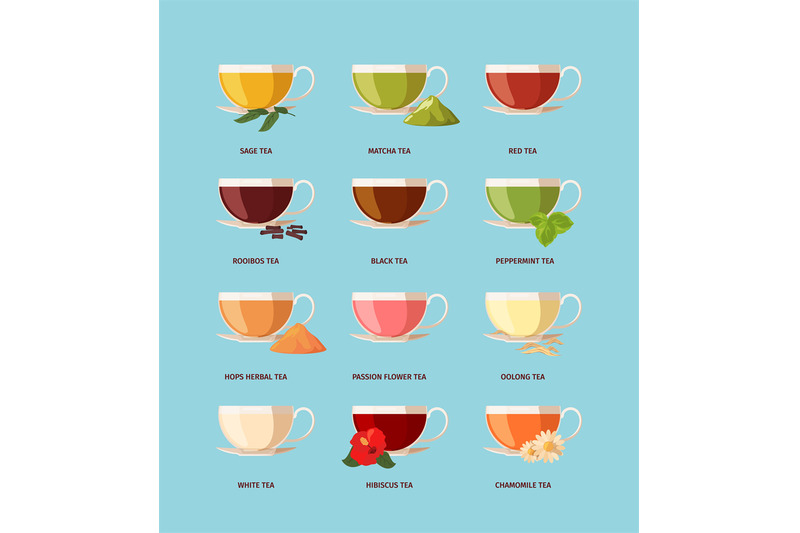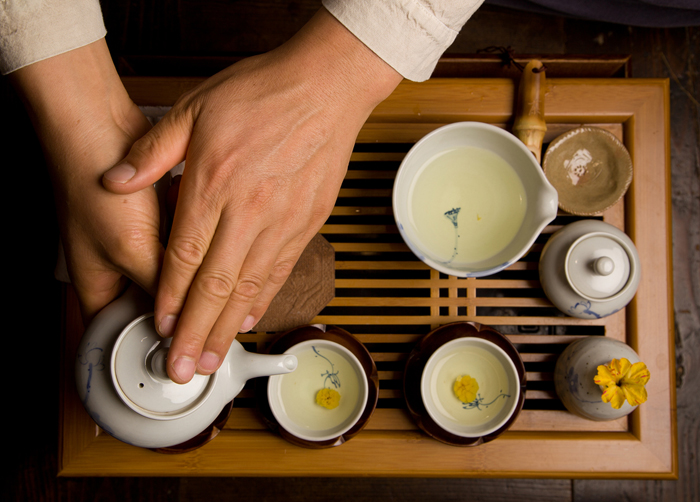Beyond Matcha: Exploring Korean Fermented Tea (Hyocha) for Gut Health
Introduction: A New Brew on the Horizon
For centuries, tea has been a cornerstone of cultures around the world, revered not only for its taste but also for its health-promoting properties. While matcha and other green teas have enjoyed the spotlight in recent years, a new contender is emerging from the East: Hyocha, Korean fermented tea. This traditional beverage offers a unique flavor profile and a range of potential gut health benefits, making it a worthy addition to any tea lover's repertoire.
Hyocha is more than just a drink; it's a cultural experience steeped in history and tradition. Unlike green teas, which are steamed or pan-fired to prevent oxidation, Hyocha undergoes a fermentation process that transforms its flavor and enhances its nutritional value. This process, often involving beneficial bacteria and yeasts, results in a complex and nuanced tea with potential probiotic effects.
In this article, we'll delve into the world of Hyocha, exploring its origins, production methods, flavor characteristics, and potential health benefits, particularly its impact on gut health. Get ready to discover a new and exciting chapter in the world of tea!

The History and Tradition of Hyocha
Hyocha's history is deeply intertwined with Korean Buddhist monastic culture. For centuries, monks have been crafting and consuming fermented teas as a way to promote well-being and aid in meditation. These teas were often made from locally sourced ingredients and fermented using traditional methods passed down through generations.
The fermentation process was not only a way to preserve the tea leaves but also to unlock their potential health benefits. It was believed that fermented teas could aid digestion, boost immunity, and promote overall vitality. The process itself was considered a sacred practice, requiring patience, skill, and a deep understanding of the natural world.
While Hyocha remained largely within monastic circles for many years, it has recently begun to gain popularity in mainstream Korean culture and beyond. This resurgence is driven by a growing interest in traditional Korean foods and beverages, as well as a greater awareness of the health benefits of fermented foods. As Hyocha makes its way into the wider world, it carries with it a rich history and a legacy of health and well-being.

The Fermentation Process: Unlocking Flavor and Benefits
The magic of Hyocha lies in its unique fermentation process. Unlike other teas, Hyocha undergoes a transformation that alters its chemical composition and flavor profile. While specific methods vary depending on the region and the type of tea being used, the general process involves several key steps.
First, tea leaves are harvested and prepared, often undergoing a withering or steaming process. Next, the leaves are inoculated with a culture of beneficial bacteria and yeasts. This culture, similar to those used in making kombucha or kimchi, initiates the fermentation process. The tea leaves are then carefully monitored and controlled during the fermentation period, which can last anywhere from a few weeks to several months.
During fermentation, the bacteria and yeasts break down complex compounds in the tea leaves, producing a variety of organic acids, enzymes, and other beneficial substances. This process not only enhances the flavor of the tea but also increases its bioavailability, making it easier for the body to absorb its nutrients. The result is a tea that is both delicious and potentially beneficial for gut health.

Flavor Profile: A Symphony of Tastes
One of the most appealing aspects of Hyocha is its complex and nuanced flavor profile. Unlike the often grassy or astringent taste of green tea, Hyocha offers a symphony of flavors that can range from sweet and floral to earthy and tangy.
The specific flavor of Hyocha depends on several factors, including the type of tea leaves used, the fermentation method, and the duration of fermentation. Some Hyocha varieties may have notes of honey, citrus, or dried fruit, while others may have a more savory or umami-rich flavor. The fermentation process also creates a subtle effervescence, adding a refreshing touch to the tea.
Hyocha is often described as having a smoother and more mellow taste than other teas. The fermentation process reduces the levels of tannins, which are responsible for the astringent taste often associated with tea. This makes Hyocha a more palatable option for those who find other teas too bitter or harsh. Whether you prefer a light and floral brew or a rich and earthy infusion, there's a Hyocha variety to suit every palate.

Hyocha and Gut Health: Exploring the Potential Benefits
The potential gut health benefits of Hyocha are a major reason for its growing popularity. The fermentation process introduces beneficial bacteria and yeasts to the tea, which may have a positive impact on the gut microbiome. The gut microbiome, a complex ecosystem of microorganisms living in the digestive tract, plays a crucial role in overall health, influencing everything from digestion and immunity to mood and brain function.
While research on Hyocha specifically is still in its early stages, studies on other fermented foods and beverages have shown promising results. Fermented foods can help to increase the diversity of the gut microbiome, promote the growth of beneficial bacteria, and reduce the levels of harmful bacteria. They can also help to improve digestion, reduce inflammation, and boost immunity.
Hyocha may offer similar benefits, providing a source of probiotics and other beneficial compounds that can support gut health. However, it's important to note that not all Hyocha is created equal. The specific strains of bacteria and yeasts used in the fermentation process, as well as the duration and conditions of fermentation, can all affect the final product and its potential health benefits. Look for Hyocha that is made using traditional methods and contains a diverse range of beneficial microorganisms. Consult with a healthcare professional or registered dietitian before making significant changes to your diet, especially if you have underlying health conditions.

How to Enjoy Hyocha: Brewing and Serving Tips
Enjoying Hyocha is a simple and rewarding experience. Whether you're a seasoned tea connoisseur or a curious newcomer, there are several ways to brew and serve Hyocha to maximize its flavor and benefits.
- Water Temperature: Use water that is slightly cooler than boiling, around 175-185°F (80-85°C). This will help to prevent the tea from becoming bitter.
- Steeping Time: Steep the tea for 3-5 minutes, depending on your preference. Experiment with different steeping times to find the flavor that you enjoy most.
- Serving Suggestions: Hyocha can be enjoyed hot or cold. In the summer, try brewing Hyocha and then chilling it for a refreshing iced tea. You can also add a slice of lemon or a sprig of mint for extra flavor.
- Pairing: Hyocha pairs well with a variety of foods, including Korean dishes, light snacks, and desserts. Its complex flavor profile can complement both sweet and savory flavors.
- Storage: Store Hyocha in a cool, dark, and dry place to preserve its flavor and quality.
Experimenting with different brewing methods and serving suggestions is part of the fun of exploring Hyocha. Don't be afraid to try new things and discover your own favorite ways to enjoy this unique and delicious tea.

Where to Find Hyocha: Sourcing Authentic Korean Fermented Tea
As Hyocha gains popularity, it's becoming increasingly available in specialty tea shops, online retailers, and Korean grocery stores. However, it's important to source your Hyocha from reputable suppliers to ensure that you're getting an authentic and high-quality product.
When choosing Hyocha, look for brands that use traditional fermentation methods and source their tea leaves from reputable farms. Read reviews and ask for recommendations from other tea enthusiasts. You can also look for certifications or labels that indicate the tea is organic or sustainably sourced.
Here are a few places to start your search:
- Specialty Tea Shops: Many specialty tea shops are beginning to carry Hyocha, offering a curated selection of high-quality teas from around the world.
- Online Retailers: Online retailers like Amazon and Etsy offer a wide variety of Hyocha brands and varieties. Be sure to read reviews and check the seller's reputation before making a purchase.
- Korean Grocery Stores: Korean grocery stores are a great place to find authentic Hyocha imported directly from Korea.
With a little research and exploration, you can find the perfect Hyocha to suit your taste and enjoy all the potential health benefits this unique tea has to offer.

So, embrace the world of hyocha and discover a delicious new path to a happier gut and a more vibrant you!
-Hot Water
Comments
Post a Comment